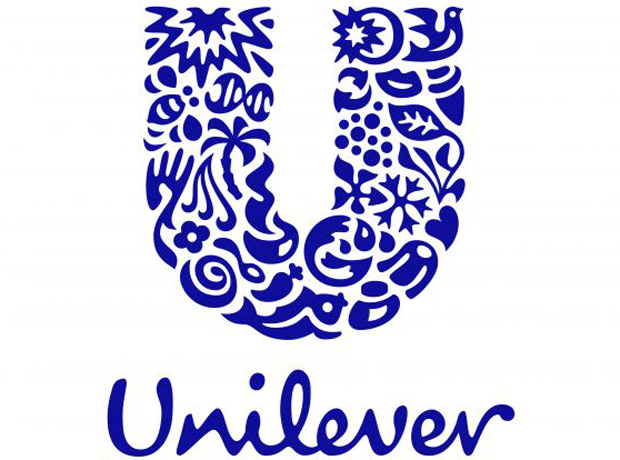The emerging market slowdown again hit the headlines today.
Unilever reported quarterly organic sales growth of 3.8%, well short of the analyst consensus forecast of 4.3%. It pointed the finger at emerging markets, particularly Asia, saying that macro-economic pressures were weighing on consumer spending in its categories.
However, according to our recent Global 50 report, compiled by OC&C Strategy Consultants, slowing growth in emerging markets may have more to do with the growing strength of local players than inherent market weakness.
The report found that the world’s 50 biggest FMCG suppliers, excluding those based in emerging markets, lost share in all four BRIC countries (Brazil -1.4 percentage points, India -1.3 points, China -0.7 points, Russia -0.4%).
The inclusion of Tingyi as the first Chinese company in the Global 50 reflects the growing strength of local companies.
Whereas global companies are constrained by bureaucracy and the logic of rolling out the same products across regions, local players are often nimbler and better placed to react quickly to market trends, launching products genuinely tailored to local markets. Not only that, but the bigger local names also have very strong distribution networks and are often better at exploiting local practices.
A good example from China is the way Tingyi uses a strong sales force in stores to drive purchase - in China a high proportion of supermarket staff are employed by suppliers rather than retailers.
Unilever has done better than most in emerging markets. The Anglo-Dutch giant now makes almost 60% of its sales in emerging markets – and it has done a good job of focusing its R&D efforts in these high-growth economies.
However, as local players become stronger, it will have to fight harder to keep up the momentum. Last year, it had 70 innovations that reached 10 or more countries.
It is clearly more efficient to launch products in multiple markets, but to compete effectively in increasingly sophisticated emerging markets it may need to work to develop more products, specially tailored for individual markets.




















No comments yet